Why your Supplements and Medications Aren’t Working
I’ve noticed recently that one of the main reasons that patients simply don’t feel better is that they don’t have a solid understanding of what the healing process looks like.
Part of this healing process includes a number of ups and downs which can almost seem negative unless you are aware they are coming or trained to identify that they are present.
Let me give you an example:
Recently I did a video on the use of CBD oil for the treatment of Hashimoto’s.
If you haven’t already, I would recommend that you check out the article/video on that topic especially if you have Hashimoto’s.
But one of the things that I noticed in the comment section was a number of people saying that they tried it and it didn’t work for them.
This same thing happens whenever I talk about ANY therapy including over-the-counter supplements, medications, or other natural therapies.
There are ALWAYS people who state they have tried the therapy and it didn’t work for them.
What’s interesting about this, though, is that most people who try certain therapies don’t actually give the therapy a fair chance at working.
They don’t understand that there are nuances that can impact how that therapy will work in their bodies.
And if they don’t understand these nuances then they could actually start the RIGHT therapy but stop taking it for the WRONG reason.
And today we are going to talk about what you should expect when you use therapies and why these things may be one of the biggest reasons you simply aren’t feeling better.
These rules can also explain why therapies may not be working for you.
*Hint: it’s not the therapies, it’s probably something else!
For the topics we are going to discuss below you can basically insert ANY therapy (natural or otherwise) to see if you are actually using it correctly and understanding it.
This means if you are using LDN, pycnogenol, CBD oil, or even your diet (yes, diet works too!) then these things are ALL relevant.
And unless you are paying attention to these factors there’s no way that you can say whether or not a therapy is working for you.
One of the main things that I do as a physician whenever I consult with people is trying to figure out what therapies should be re-visited or re-evaluated.
The reason is simple:
By the time people get to me, they may have tried multiple different therapies but that doesn’t mean that they used them CORRECTLY.
This outline is how I think about and consider whether or not patients are on the right track:
#1. Dosing Supplements and Medications
One of the most important parts of using BOTH medications and supplements is your dose.
And it’s something that so many people don’t even pay attention to!
Think about it…
When you get a supplement, do you just automatically look at the back of the bottle to determine what your dose is?
If you are like 99% of people that’s how you do it.
But is that how prescription medications work?
Not at all.
There are many different doses and variations of prescription medications available.
And most doctors start you out on a low dose of medication and gradually increase it until you find your dose.
If you aren’t doing this with your supplements then you are missing out.
This is a HUGE problem among people who use supplements.
But it doesn’t make any sense.
Think about it:
Do you use the same dose of prescription medications as your neighbor? do you eat the same amount of food? Do you weigh the same? Does your body work the exact same?
The answer is no to all of the above.
And these differences impact whether or not the supplements you are using will work for you.
I like to break it down like this:
Roughly 50% of people can get by using the “standard” supplement dose found on the back of the supplement bottles (but this leaves another 50% who need a different dose!).
We will call these people the “normies”.
Roughly 10-20% of people need LESS than what is recommended on the back of the supplement bottle.
We will call these people “sensitive people”.
And roughly 25-30% of people will need MORE than what is recommended on the back of the supplement bottle.
We will call these people “hyper metabolizers”.
Finding out the exact dose that you need will require some playing around with your dose and some trial and error.
But I RARELY see this happen with patients!
I know this because I sell thyroid supplements (over 10,000 bottles to date) and I see how they interact with supplements.
Most people will try only the standard dose and then make a determination as to whether or not it works.
But so many of these people could actually see results if they tweak or adjust their dose.
And, again, this doesn’t just apply to supplements but also to medications (especially thyroid medication).
You can’t say that a thyroid medication doesn’t work for you if you never got on a high enough dose to give it an honest shot!
I can’t tell you how many times I’ve revisited thyroid medications that people told me “didn’t work for them” only to find out it’s exactly what they needed (but just in a higher dose).
#2. Duration of Therapy of Supplements and Medications
The next thing you should understand is what I am referring to as the duration of therapy.
Duration of therapy is just a fancy way of saying how long you’ve taken your medication or supplement.
Why do we care?
It’s simple, really.
If you don’t use your supplement or medication (or any other therapy) for a long enough time then it won’t work.
Plain as that.
But what constitutes ‘enough’ time?
How long should you give your therapy to determine if it’s working or not?
And that really depends on what you are looking for.
While it is true that SOME medications and supplements work almost instantly (think about things like caffeine) there are PLENTY of other supplements that take weeks or longer to really kick in.
Any therapy which is targeted at your hormones will fall into this category.
Your hormones just can’t turn around in such a short period of time.

Instead of thinking on a day-by-day timescale you really need to be thinking on a month-by-month timescale.
Once you shift your mindset and expectations you can really determine if your therapy is actually working.
This is particularly true for any therapy targeted at the thyroid.
And this includes BOTH thyroid hormone medications and thyroid-specific supplements.
Most people will NOT notice any difference in how they feel if they only take their thyroid medication or thyroid supplements for 2-3 weeks.
It takes around 4-6 weeks for things to change in your body and for you to notice those changes.
And even then it’s not like you will just turn around and feel 100% better at that point.
It can still take up to 3-4 weeks before things really start changing.
If you are interested in weight loss, balancing your hormones, or improving your thyroid then you should plan to continue whatever therapy you are doing for at least 3-6 months.
And during this time you should be consistent! Meaning you need to take it each and every day whether that be a supplement or a medication.
#3. Understanding Side Effects
Another huge problem has to do with side effects.
Most people, when they start a new therapy, are really only looking to see if that therapy is making them feel better.
They consider the therapy a failure if they don’t feel better (sometimes immediately) and they certainly don’t consider it a winning therapy if they feel worse after using it.
Are you in that same boat?
What if I told you that it’s not uncommon for the right therapies to actually make you feel worse (at least temporarily)?
This is actually true and it happens all the time.
In the video above I draw an outline that explains why this occurs but what you need to understand is that this is not uncommon.
One of the most common reasons for this has to do with a detox-like reaction that can occur when you start using the right therapies.
When this happens it’s not uncommon for your body to release fat-soluble chemicals that have been hidden away in your fat cells.
Your body uses your fat cells as a hiding ground which can “lock” away things that it doesn’t want to deal with or things that are harmful.
But once you start using the right therapies, reducing inflammation, improving hormone function, and losing weight guess what happens?
All of these chemicals start to leave your fat cells and they flush your body.
This often leads to WORSENING of symptoms when using the RIGHT therapies!
I can’t tell you how many patients I know who get confused by this concept.
They often believe that if they feel worse at ALL then whatever they are doing is wrong for them.
But the truth is that the exact opposite may be happening.
Think about it:
Have you ever stopped a therapy you were using because you had headaches or indigestion or acne?
These are all symptoms of a detox-like reaction which indicates that whatever you were doing was actually working.
Another example that comes to mind is that of iodine.
There are many people who experience these symptoms (especially acne-like pustules) when taking iodine.
They often believe that this is an indication that they should NOT be using iodine but the exact opposite is true.
It’s well known that taking iodine can displace certain halides such as bromide (1) from your body which leaves your skin in the form of acne-like pustules.
But the bottom line is that you do NOT want this bromide in your body! So using iodine is actually helping you.
The takeaway here is that you shouldn’t expect your supplements (or medications) to make you feel universally better each and every day.
There are times when you may feel worse and this is perfectly normal.
But the overall trajectory of your health should always be improving.
It’s also important to know that you may experience a hypersensitivity-like reaction (2) to certain therapies (this would be akin to an allergy) and this IS a reason to stop the therapy.
But don’t assume that a headache means you are “allergic” to the therapy.
#4. Understanding Confounding Variables
The last thing we need to talk about is what I refer to as confounding variables.
These are variables that can impact the therapies that you are using HERE and NOW (well, whenever you are using them).
And this is something that I see all the time with patients as well.
I will ask them if they’ve ever tried therapies, such as LDN, and they will say yes but it didn’t work.
Then I will ask what was going on in their life around the time they were taking it.
And I hear answers like, “I was going through a divorce” or “it was a stressful time in my life” and so on.
And these factors can ALL negatively impact the effectiveness of the therapies that you are using!
It’s not fair to say that a therapy didn’t work for you because you were going through a divorce at the time.
In fact, it could have been the case that the therapy prevented you from getting much worse which would be the exact opposite of what you thought was happening.
So stress is a huge confounding variable and something that should always be considered when you ask yourself whether a certain therapy worked for you or not.
Other confounding variables include:
- Your weight (did you lose weight or gain weight recently?) – If you recently lost or gained weight this can and should be taken into account!
- Stress (discussed above)
- Medications or supplements you were taking – Certain medications and supplements can interfere with therapies and may make them more effective or less effective.
- And your genetics (things you may not have control over) – This isn’t always the case but sometimes genetics can impact whether or not a therapy will work for you.
Your Next Steps
Is it the case that all therapies will work for every person?
No, that’s definitely not true.
But I do believe that there are many people who throw out therapies that could have worked for them because they didn’t consider all of the factors listed above!
How terrible would it be to start on the right therapy, something that could help you get your life back, only to stop it for the wrong reason?
I actually see this all the time which is what prompted me to create this article.
This is something that EVERYONE should be aware of because it can be the difference between using the right therapies and feeling better or… not.
Now I want to hear from you:
Were you already aware of these factors?
Do you think that you may have stopped using the right therapy for the wrong reasons in the past?
Are you thinking about revisiting another therapy to see if it will work for you this time?
Leave your questions or comments below!
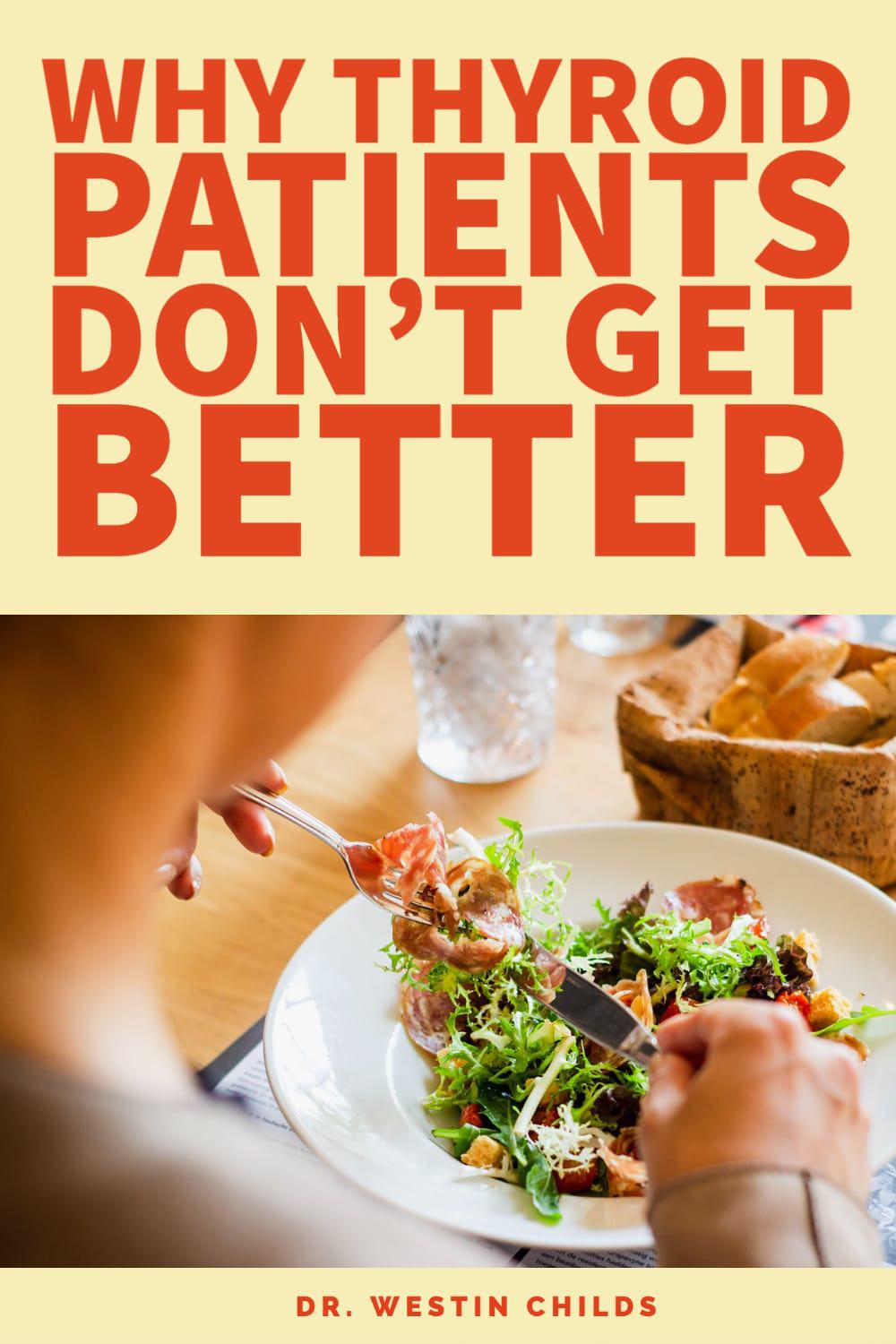


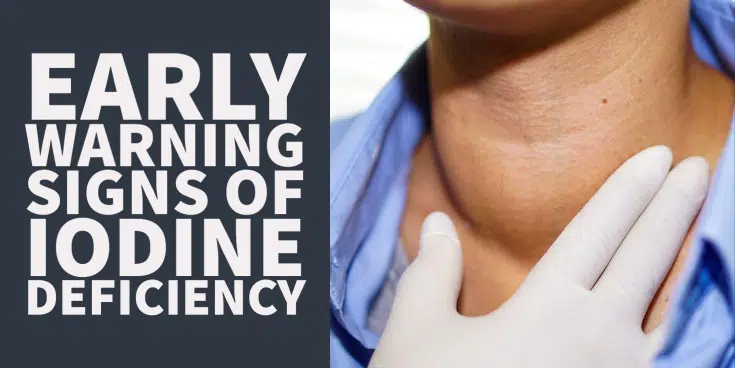
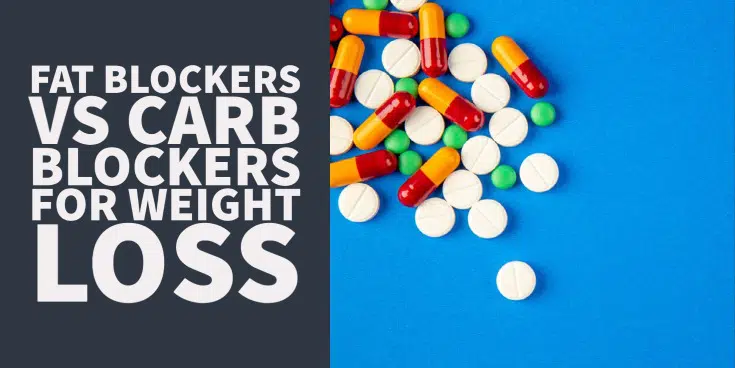
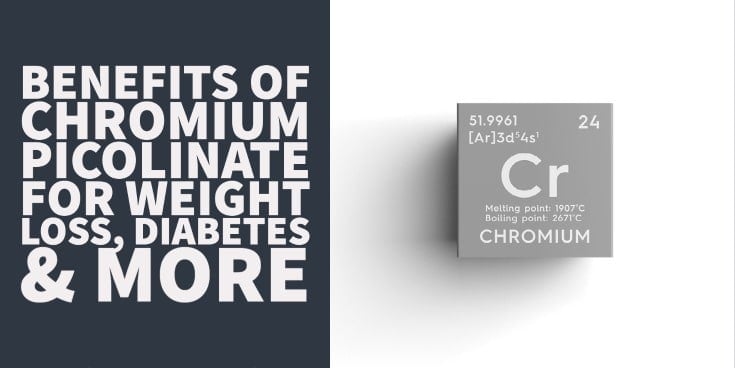
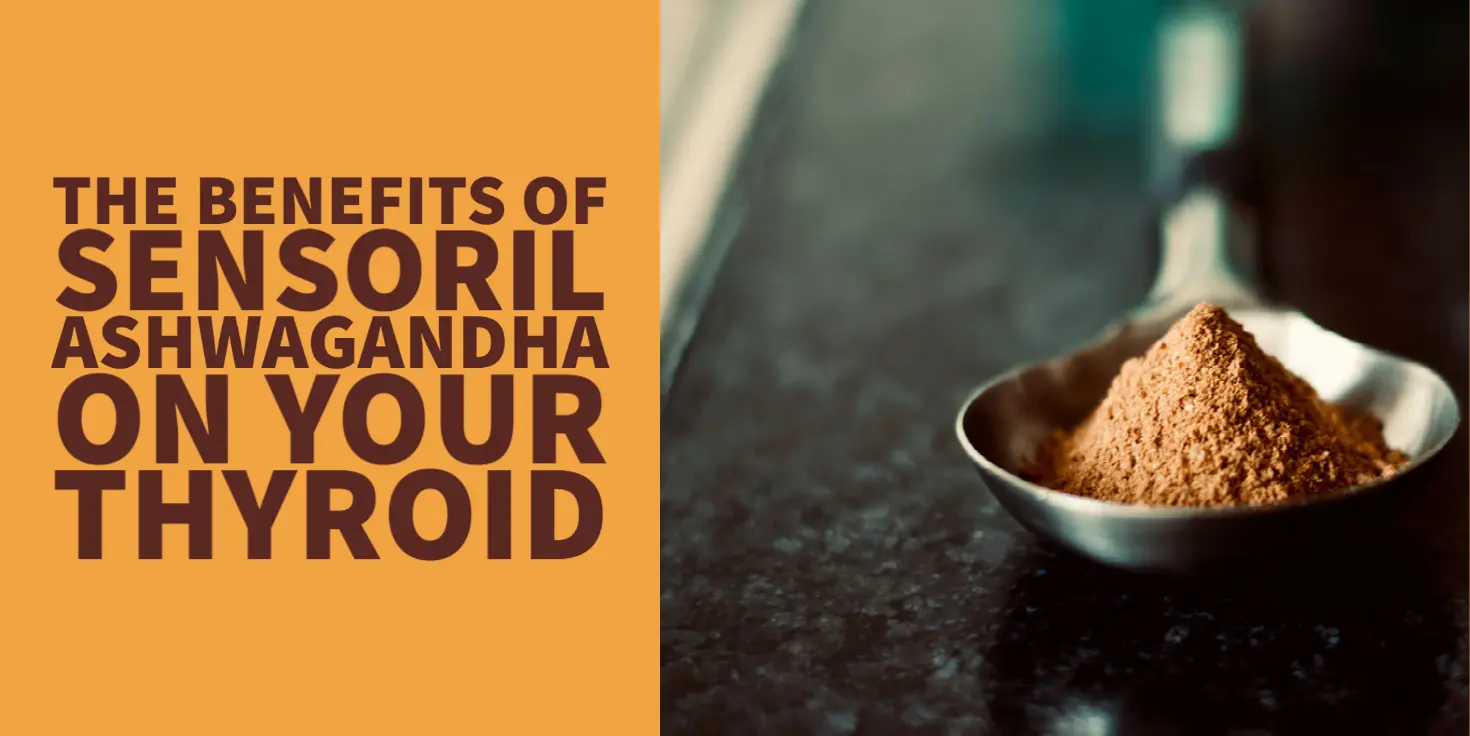
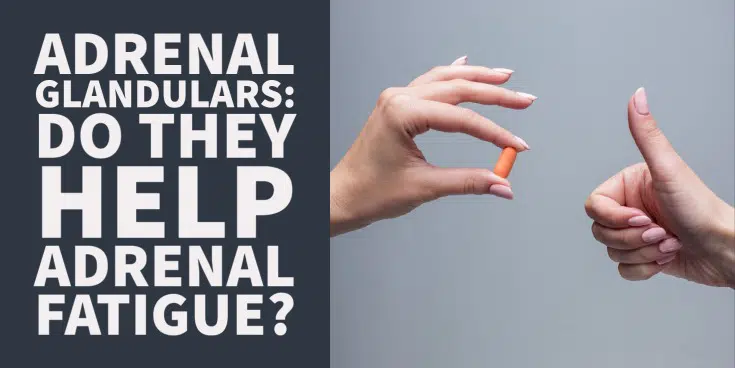

Hi Dr Childs,
Thank-you so much for your articles and chance to give feed back!
If I had not come across your articles I’d still be on Levothyroxin only and struggling with weight gain!
I’ve been on Liothyronin T3 for almost two years now and lost most of the weight I’d put on and feeling great! I had a total thyroidectomy due to cancer!
We are just starting to come out of lockdown from the Corona Virus scare, If I (and others who have had total thyroidectomies) were not able to get medication what would happen? I know you’ve written an article about having atleast a years supply of medication – I’m working on that one!
You said you sell the Thyroid Supplements, do you also sell the T3 & T4 medications?
Hi Barb,
I do not, T4 and T3 medications require a prescription medication so they can’t be sold in the same way as over the counter supplements.
Great points! I definitely fall in the hypersensitive category, and can’t seem to start any supplement or med without triggering some kind of domino effect. I’ve been working on taking liothyronine for the last 8 months (low free T3, high rT3, normal/high free T4). I know my body needs it, but I’ve had an incredibly rough time working up to a reasonable dose while balancing with cortisol. The worst instance was when I started progesterone (to help manage hormonally triggered asthma), which apparently spiked my cortisol, and over the course of a week sent me into rapid weight lose, shortness of breath, rapid heart rate and panic attacks (all while on the same 20 mcg of lio I’d been tolerating for months). Tried a thyroid support supplement while I paused lio for a month, experienced bad gastritis symptoms, and stopped it. Just this week my functional doc put me on reacted magnesium for low levels. The “normal” dose sent me into episodes of tachycardia. Stopped it and planning to try to work up slowly with a half dose every other day. It’s exhausting trying to figure out all these puzzle pieces… but also encouraging to know that it’s at least somewhat normal.
Hi Liz,
It can definitely be difficult to nail down therapies in some people but it sounds like you are on the right track!
Dear Dr. Childs,
I never tire reading your articles, they are empowering and insightful. I just want to thank you for touching on this topic. It is an area i have struggled to balance my levothyroxine and supplementation for poor T4 to T3 conversion. I have however, learnt to balance and right now i can say i feel great. I am able to balance my thyroid medication with supplements to get a near normal feeling without unnecessary dipping TSH. Reading your article explains just how understanding the iterative nature of our body in responds to treatment is a personal experience that if well interpreted can lead to better heath in spite of the thyroid status!
Is it true that melatonin can reduce your thyroid function? Is it safe to use when you have hypothyrodism?
Great article. I have been taking prescriptions and supplements for my thyroid and Hashimotos for over 6 years. The only prescription I struggled with would be the LDN. Taking it at night keeps me awake. My doctor wanted me to stop taking it but I really do want to continue taking it. I know it would work by lowering my TPO. I felt like I failed the right therapy for me. Is there people that takes LDN in the morning or during the day? (BTW- I take my T4 and T3 at night)
Hi Tamara,
Yep! LDN can be used at any time of the day.
Dear Dr. Childs,
I have been on Armour Thyroid for at least 15 years. My dosage is 60 mg 4x/wk and 30mg 3x/wk. I have been on your regular thyroid program now for quite a few months. I feel good but i still get terrible hot flushes (not menopausal) and sometimes run out of energy. An endocrinologist took a sono of my thyroid and sid that I have Hashimotos. Should I be trying your Hashimto series of supplements? Thank you for your input.
Hi Pamela,
If you have Hashimoto’s then you would definitely want to focus on immune function as that may stop permanent damage to your thyroid gland. So supplements that reduce inflammation, improve your gut health, and probiotics would be a good idea. You can either piece them together individually or use the Hashimoto’s bundle.
Thankful for your articles, this one hit the nail on the head for me.
I’m very hypersensitive, to drugs and supplements, sometimes I think it’s the fillers. So yes I usually stop taking , or pulse dose, to try to find the problem, very frustrating, been hypo my whole adult life, did very well on the old Armour, doesn’t work now, tried almost all Thyroid meds, but prefer Natural.
Your t3 supplement has iodine in it, I do react a little to that, so cut back to just one a day, the adrenal supplements work great.
Thanks, waiting to see a doctor next week to help get balanced,
Is open to natural thyroid.
Deb Hartley
Hi Deb,
You did the right thing by cutting back to 1 pill per day! It has a very low dose but some amount is necessary for all thyroid patients (even those without a thyroid).
Hello Dr. Westin,
I have been on the same dose of Levothyroxine for the last 16 years. I am 63. My weight has stayed 135-38 pounds as well.
I am developing skin redness around my nose and between my eyebrows and I occasionally have a skin rash. Clearly this is inflammation. I am a vegetarian and I supplement with a very good probiotic, multi-vitamin, magnesium, zinc and sometime selenium. I’m thinking that I need to cut out all sugar and carbs for awhile. I am mostly eating GF bread and Lactose free milk. Of course stress in the time of Corona has to also be a factor. Do you think I should have blood work again?
Thank you for your input.
Hi Elizabeth,
It’s always a good idea to get a new set of labs if you haven’t for a while. In terms of your rash, I would look at perioral dermatitis as a potential diagnosis.
My insurance won’t pay for my synthroid med any longer. So doctor has tried medication they pay for. All 3 of them numb face arms and legs. Ihave had a high Gastric Bypass since 1978. Seems with many meds I may be allergic to fillers. From numbness all I can do is sit. Off all thyroid now. So far the best I have felt in years. Sure it will catch up with me.
Hi Carol,
Many people initially feel better for about 2-4 weeks when they first stop taking thyroid medication but, if it is still required, you will start to feel it after about 4 weeks.